SAP
Jan 07, 2025
Optimising Customer Relationship Management with SAP Business One
Customer relationships are the cornerstone of long-term success. Building and maintaining strong customer relationships is about providing quality products or…
Data Centers
Published on October 6, 2020

By its very definition, an Enterprise Resource Planning (ERP) system is at the core of a business. Whether you are looking to upgrade an existing SAP or planning a switch to SAP platform, ensuring a smooth implementation becomes a top priority by default. Yet a study by Gartner reveals that despite all the effort and financial resources companies invest in, an estimated 55% to 75% of all ERP projects fail to meet the expected objectives.
For a system that is so central to any business, the range of failed or partially successful ERP implementations is exceptionally high. This further highlights the need to select an appropriate SAP solution and a service provider that also offers an SAP-compliant infrastructure. To help you navigate through this complex journey, we have curated a list of five mission-critical aspects to be considered while evaluating a potential SAP service provider.
Tier IV SAP infrastructure
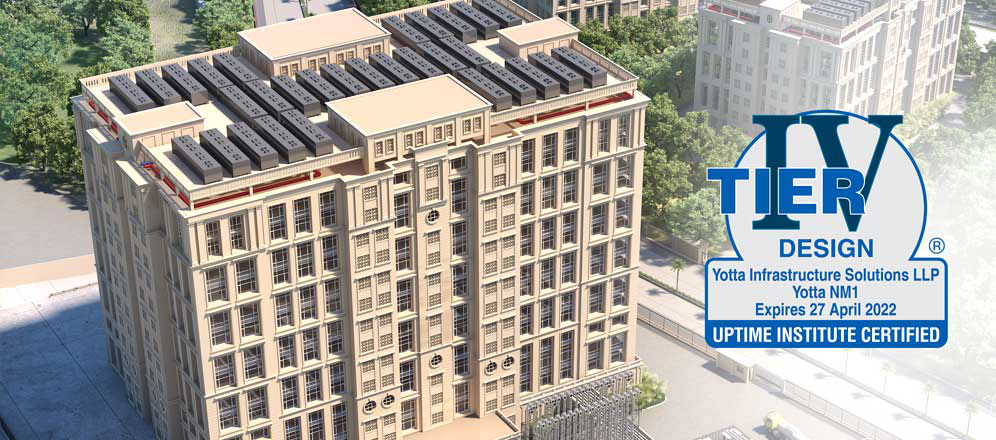
There is no point in having the most advanced ERP solution if an infrastructure breakdown due to cyclones, floods, fires or other calamities prevent you or your customers its access. This has become even more important in a post-pandemic world because of the distributed workforce and the increasing shift towards the cloud.
The primary criterion has to be the infrastructure that a service provider uses to host the ERP solution and the resilience it offers. One way to gauge this is the Tier grading of the data centers that your SAP provider provides. The most current and advanced providers offer Tier IV certified data centers, which are designed for high levels of fault tolerance across systems and components. This allows the infrastructure to remain operational even under challenging conditions. In addition to this, ensure that your service provider has a low-latency network that can handle high-volume data and provide always-on connectivity along with the solutions like work area recovery, which can be offered on a pay-per-use model.
Reliable storage and access to data

In the age of Industry 4.0, data is increasingly becoming the single-most valuable asset for businesses. With technologies such as the Internet of Things (IoT) and Artificial Intelligence (AI) becoming mainstream, the volume of data generated and its utilisation across business functions has grown exponentially in the last few years. Additionally, there’s an increasing trend towards using real-time data for automation and decision-making. Fulfilling these business needs requires a solution that offers reliable storage facilities and failsafe access to data at all times.
While evaluating potential partners, look for vendors that offer a comprehensive suite of data storage, protection and recovery solutions. Enterprises must look for storage systems that are always-on and provide nearly 100% access to data and hybrid systems that allow businesses to make most of the legacy and new data, both on-premise and the cloud. The efficacy of a new ERP platform can be measured in two ways – one, the SLAs across key metrics that are critical to your business needs, and two, its ability to reduce complexity and risk in critical operations.
Security against vulnerabilities

The democratisation of technology has dramatically increased the number of people who are connected to and use an enterprise’s central system. This, in conjunction with the COVID-19 induced work-from-home phenomenon, has increased the exposure of businesses to security vulnerabilities due to the manifold increase in access points into the system. And based on initial reports, a lot of these changes are unlikely to be reversed. Hence, if you are investing in an ERP for the future, be sure to invest in a secure platform.
The primary object of data security is to avoid unauthorised access to data, both from the outside and within. Hence, look for service providers that offer a multi-layered managed security environment that helps keep your data safe and maintain operations. It is also worthwhile to consider vendors who offer advanced solutions and tools to derive insights and intelligence that help your business stay ahead of potential threats.
Flexibility and scalability of use
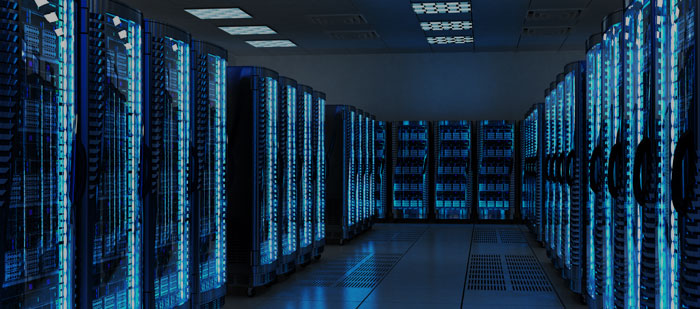
One of the biggest challenges for organisations, particularly those that operate in a high-growth sector, is the ability of the ERP solution to scale-up or scale-down based on the business requirements. This becomes even more important during volatile periods like we are experiencing today. Here, the ability of your service provider to offer such flexibility gives your business a definite edge.
Some of the key parameters to assess the flexibility offered by a potential ERP vendor include:
Transparency in pricing

Implementing SAP can be quite a complex task, owing to the number of variables customers need to weigh while evaluating a potential solution. Then there is the implementation and migration cost. After all of this, comes an area that often goes unnoticed – operating cost – and this is also where several ERP solutions fail. Hidden costs and unplanned operating expenses often make the solution financially unviable. In such a scenario, it is extremely crucial to be financially prudent and pick a vendor that offers a transparent OPEX based pricing.
Following are some of the factors to keep in mind and traits to look out for:
Bottom line
From faster and better computing to the amount of data we generate and consume as well as the widespread application of digital tools in various spheres, technology is evolving at a breakneck speed today. While this is what adds complexity to the decision-making process, particularly for core functions like ERP, it is also a strong call-to-action. And it cannot be denied that a robust ERP solution can help organisations enhance productivity across operations and functions, which allows them to stay in lockstep with the changing consumer demands.
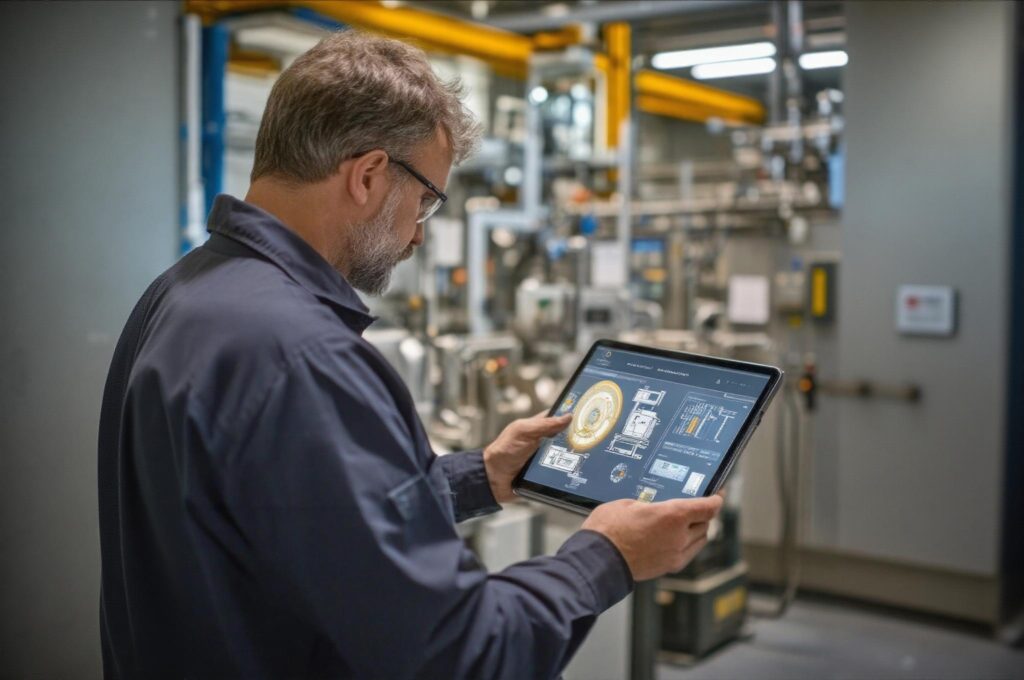
SAP
Jan 07, 2025
Customer relationships are the cornerstone of long-term success. Building and maintaining strong customer relationships is about providing quality products or…
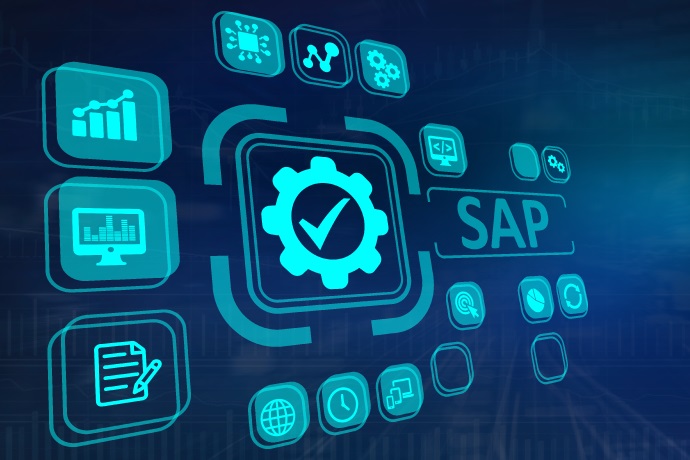
SAP
Sep 16, 2024
In today’s always-on, digital-first business landscape, downtime is no longer an option. Enterprises that rely on SAP for their critical…
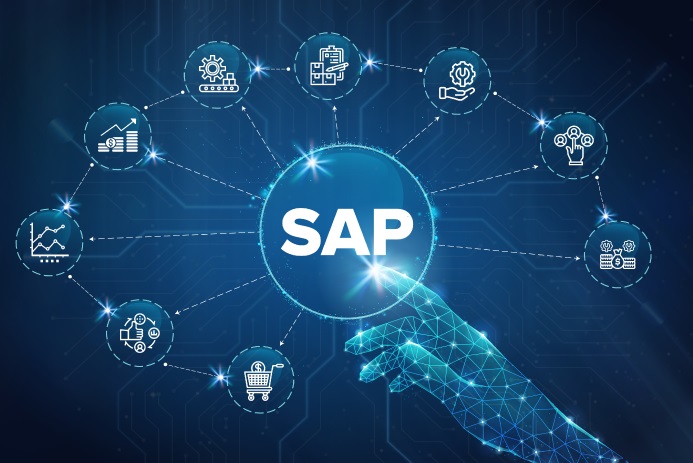
SAP
May 10, 2024
Having a robust Enterprise Resource Planning (ERP) system is no longer a luxury, it’s a necessity. An ERP streamlines critical…